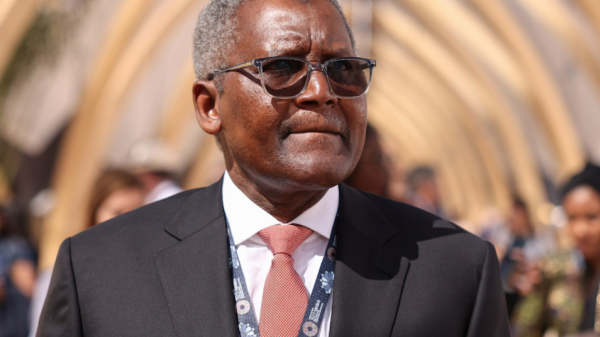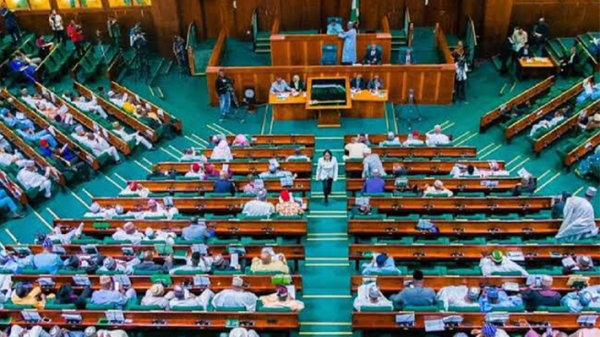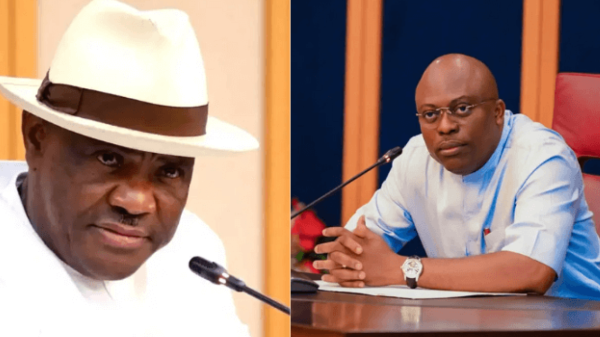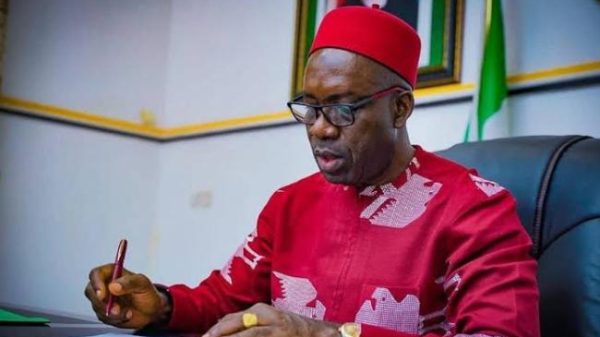In Ebonyi State, Nigeria, the police reportedly plan to dismiss Inspector Charity Agwu after she raised questions about the mysterious disappearance of a baby she rescued in 2022. The case dates back to when Agwu found an abandoned infant and placed the child in a local orphanage for safety and care. However, without clear explanation, the baby vanished from the orphanage. Concerned, Agwu attempted to investigate the child’s disappearance but allegedly faced resistance from within the police force.
Agwu’s family, alarmed by the situation and suspecting possible foul play, reached out to the National Agency for the Prohibition of Trafficking in Persons (NAPTIP). They believe that high-ranking officials might have been involved in concealing the child’s whereabouts. Agwu’s persistent questioning reportedly put her at odds with senior members of the police department, leading to her detention and the initiation of proceedings to remove her from her position.
The case has since drawn attention to issues within the police department, with allegations that certain officers may be misusing their positions to suppress investigations that could expose misconduct. The Agwu family, while pressing for Charity’s release, continues to demand a comprehensive inquiry to locate the missing child and shed light on the potential cover-up.
Inspector Agwu’s dismissal process has raised further public and media scrutiny over the department’s handling of child welfare and trafficking cases. Critics argue that her situation underscores a troubling pattern where officers who seek accountability or expose potential misconduct encounter backlash from within their ranks. Calls are growing for the Ebonyi State police to clarify their stance on Agwu’s case and to support, rather than punish, officers pursuing justice in such sensitive matters.
The incident has also sparked renewed calls for broader reforms in the Nigerian police system, particularly in protecting officers who work to uphold ethical standards. Human rights organizations have joined the Agwu family in calling for an investigation led by independent bodies, arguing that accountability is essential to prevent further injustices, especially in cases involving vulnerable individuals like abandoned children.
As Inspector Agwu awaits further developments, her family’s appeal remains clear: they want a transparent investigation into the child’s disappearance and assurance that Charity Agwu will not face unjust consequences for doing her duty. Meanwhile, the public response reflects broader concerns about police accountability and support for officers acting with integrity.
This case continues to spotlight both the issue of child safety in institutional care and the challenges faced by Nigerian officers who take personal risks to challenge internal corruption.





































































































